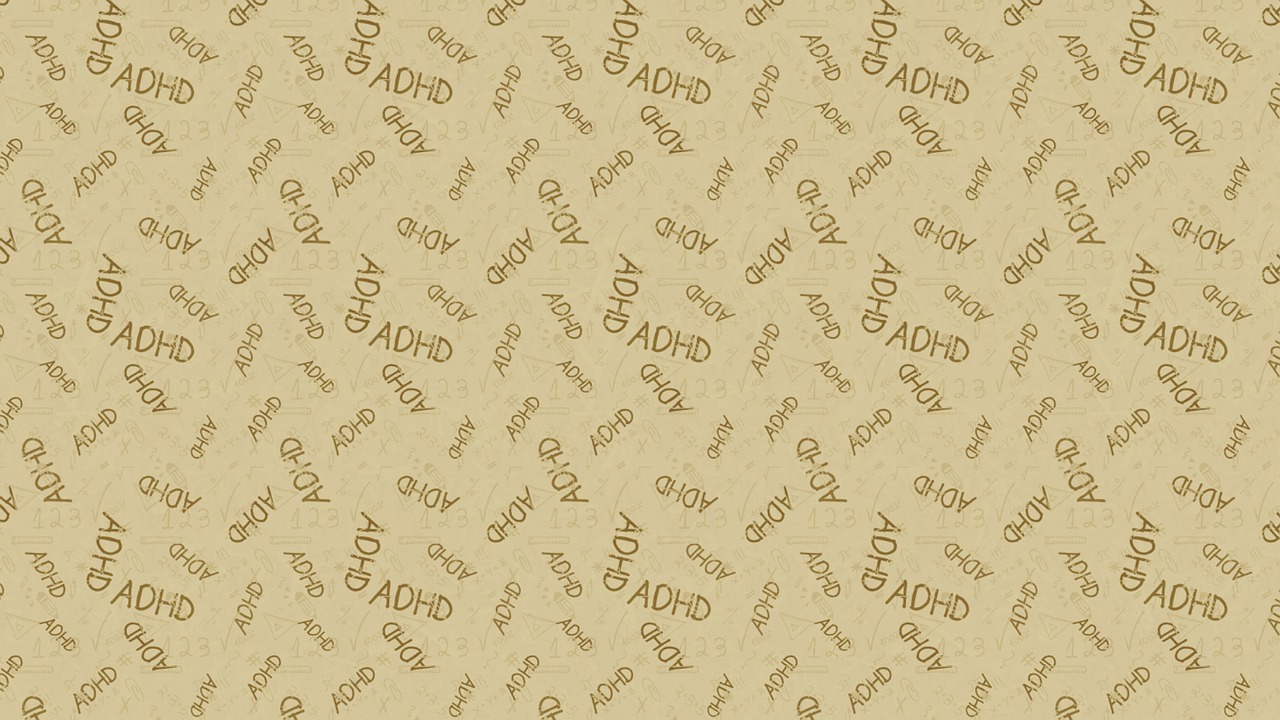
Attention-deficit/hyperactivity disorder (ADHD) is a neurodevelopmental disorder with an estimated prevalence rate of 5.3% among children and of about 2.5% among adults. It is characterized by a persistent pattern of inattention and/or hyperactivity-impulsivity, being associated with significant impairment of social, academic, and occupational functioning across the lifespan.
However, despite many efforts, the exact etiology of ADHD still remains unknown and data about modificable risk and protective factors are largely lacking. Recent evidence has suggested an association between inflammation, immunological disturbances and ADHD. Supporting this idea, an increased incidence of immune-mediated disorders (e.g. asthma, allergic rhinitis, atopic dermatitis, allergic conjunctivitis, psoriasis, thyrotoxicosis or type 1 diabetes) accompanied by elevated serum/plasma and cerebrospinal levels of inflammatory markers (especially interleukin (IL)-6) or auto-antibody levels (e.g. antibasal ganglia antibodies, antibodies against the dopamine transporter) have been found in these patients.
Importantly, recent studies have shown the gut flora as an important immunoregulator (1-3) and it is hypothesized that an imbalance in the gut microbiota (dysbiosis) may have a negative effect on cerebral development and behavior (4). About 95% of all circulating serotonin, dopamine or noradrenaline precursors are produced by our gut microbiota, being this ‘enteric nervous system’ bidirectional connected to the central nervous system through hormonal or immune/inflammatory pathways.
In line with this, recent findings suggest that some aliments as probiotics can not only revert dysbiosis, but also modulate brain neurodevelopment, activity and improve cognition, mood and behavior due to their immunoregulatory and anti-inflammatory properties (5-7).
Therefore, understanding the microbiota and how the gut connects to the brain would be important both for the better comprehension of the biological bases that underlie some psychiatric disorders such as ADHD, as for the future development of new evidenced-based drugs for these conditions.
Keywords: ADHD, Microbiome, Probiotics, Psychiatric disorders, Nutrition.
This was co-authored by Josep Antoni Ramos-Quiroga, MD PhD psychiatrist and Head of Department of Psychiatry at Hospital Universitari Vall d’Hebron in Barcelona, Spain. He is also professor at Universitat Autònoma de Barcelona.
Sources:
- Felix KM, Tahsin S, Wu HJ. Host-microbiota interplay in mediating immune disorders. Ann N Y Acad Sci. 2018; 1417(1):57-70.
- Yadav SK, Boppana S, Ito N, Mindur JE, Mathay MT, Patel A, et al. Gut dysbiosis breaks immunological tolerance toward the central nervous system during young adulthood. Proc Natl Acad Sci U S A.2017; 114(44): E9318-27.
- Mandl T, Marsal J, Olsson P, Ohlsson B, Andreasson K. Severe intestinal dysbiosis is prevalent in primary Sjögren’s syndrome and is associated with systemic disease activity. Arthritis Res Ther.2017;19(1):237.
- Rogers GB, Keating DJ, Young RL, Wong ML, Licinio J, Wesselingh S. From gut dysbiosis to altered brain function and mental illness: mechanisms and pathways. Mol Psychiatry. 2016; 21(6):738-48.
- Slykerman RF, Kang J, Van Zyl N, Barthow C, Wickens K, Stanley T, et al. Effect of early probiotic supplementation on childhood cognition, behavior and mood. A randomized, placebo-controlled trial. Acta Paediatr.2018; 107(12):2172-78.
- Kane L, Kinzel J. The effects of probiotics on mood and emotion. JAAPA. 2018; 31(5):1-3.
- Mayer EA. Gut feelings: the emerging biology of gut-brain communication. Nat Rev Neurosci.2011;12(8):453-66
